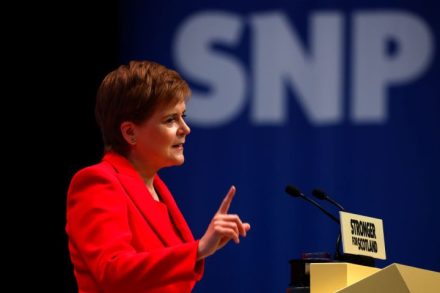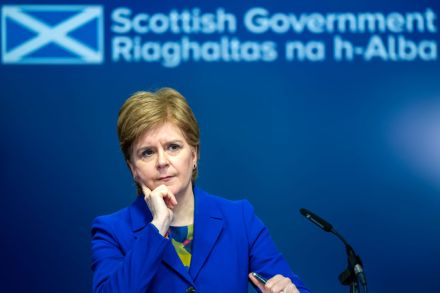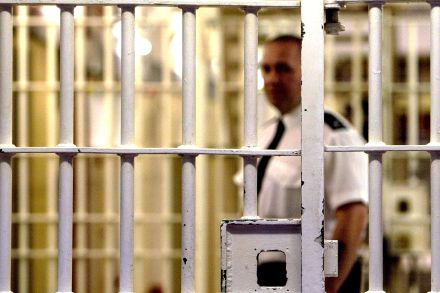Without Sturgeon, is the SNP still the party of independence?
Dazed and confused by their leader’s sudden departure, Scottish nationalists are now deeply worried that Nicola Sturgeon has taken the independence dream with her. She hasn’t of course. Independence is a long game and there remain many true believers. However the chances of transforming the Scottish National party’s immense electoral success into a referendum on independence in the near term seem remote. Some in the movement are wondering if the referendum route is still viable since it has been driven into a legal cul de sac by Nicola Sturgeon’s discredited idea of turning the next general election into a ‘de facto’ referendum on independence. That ploy is now surely dead.




















